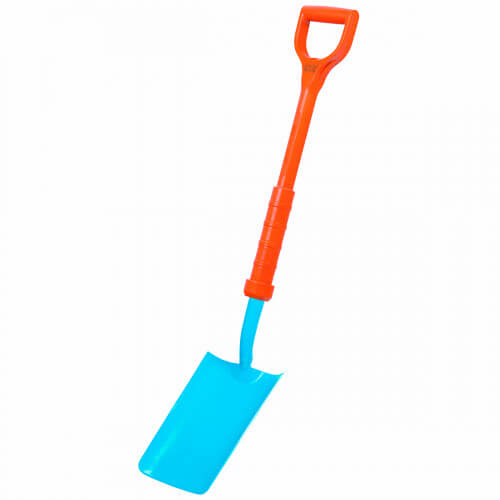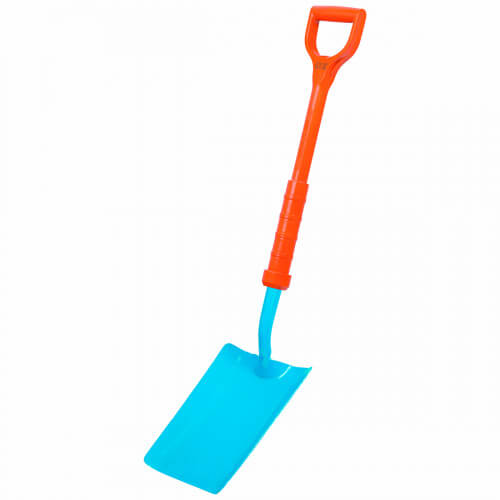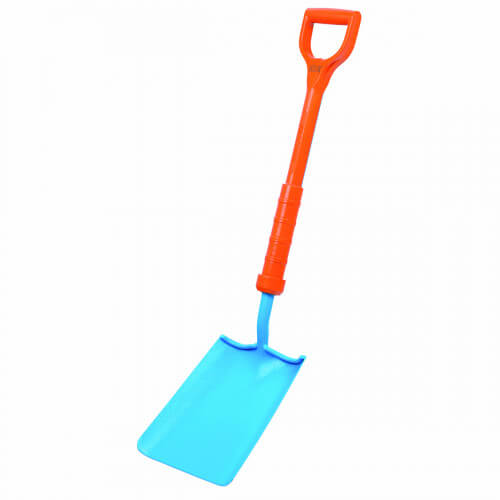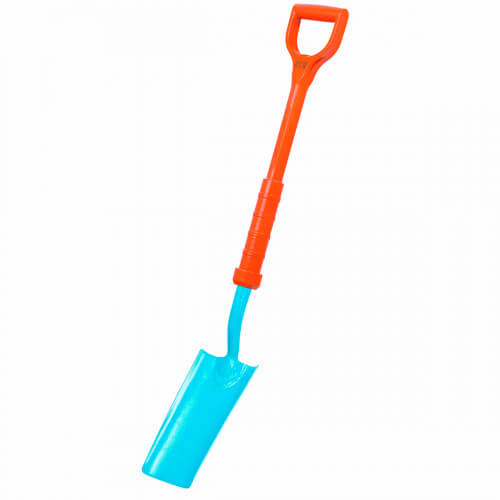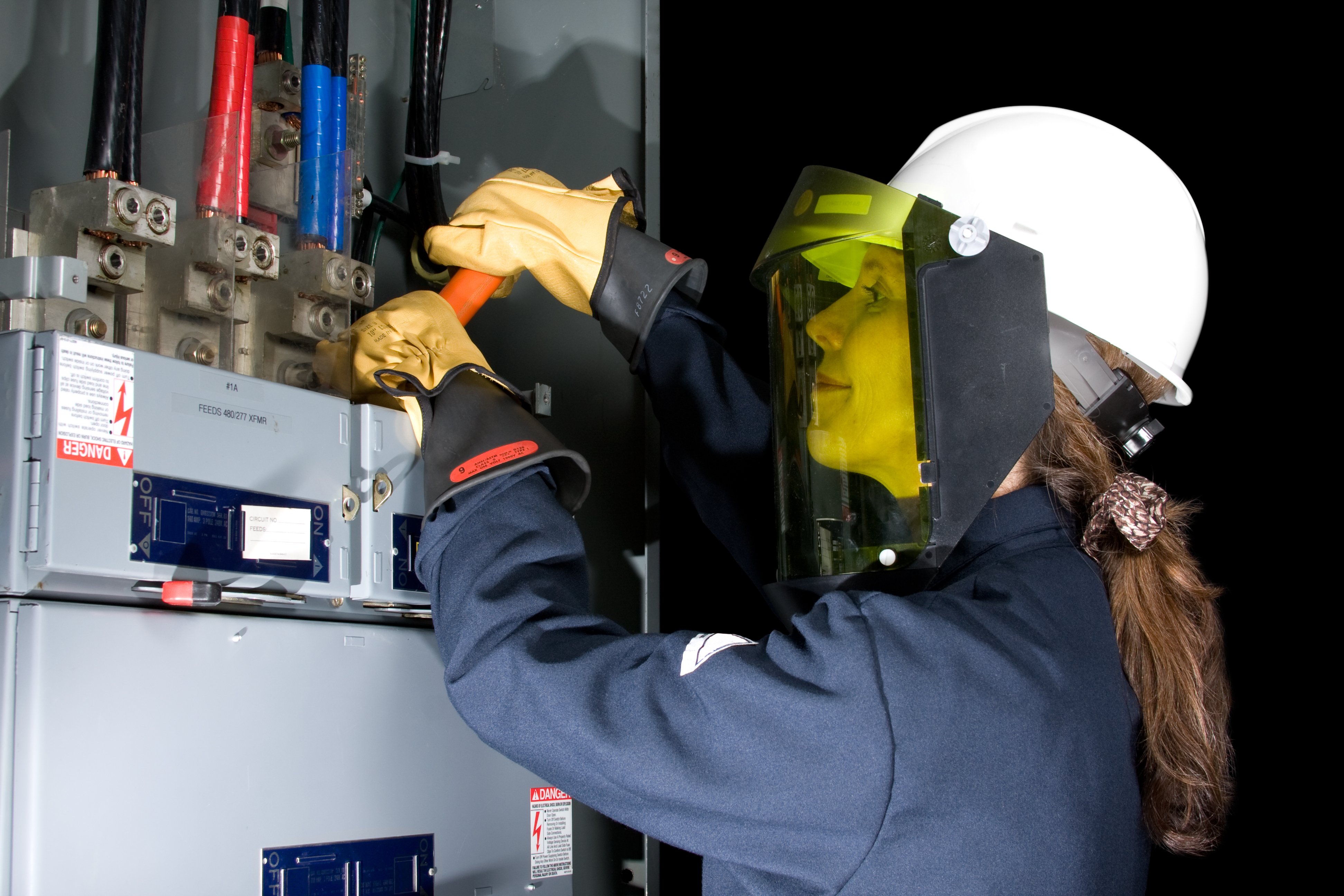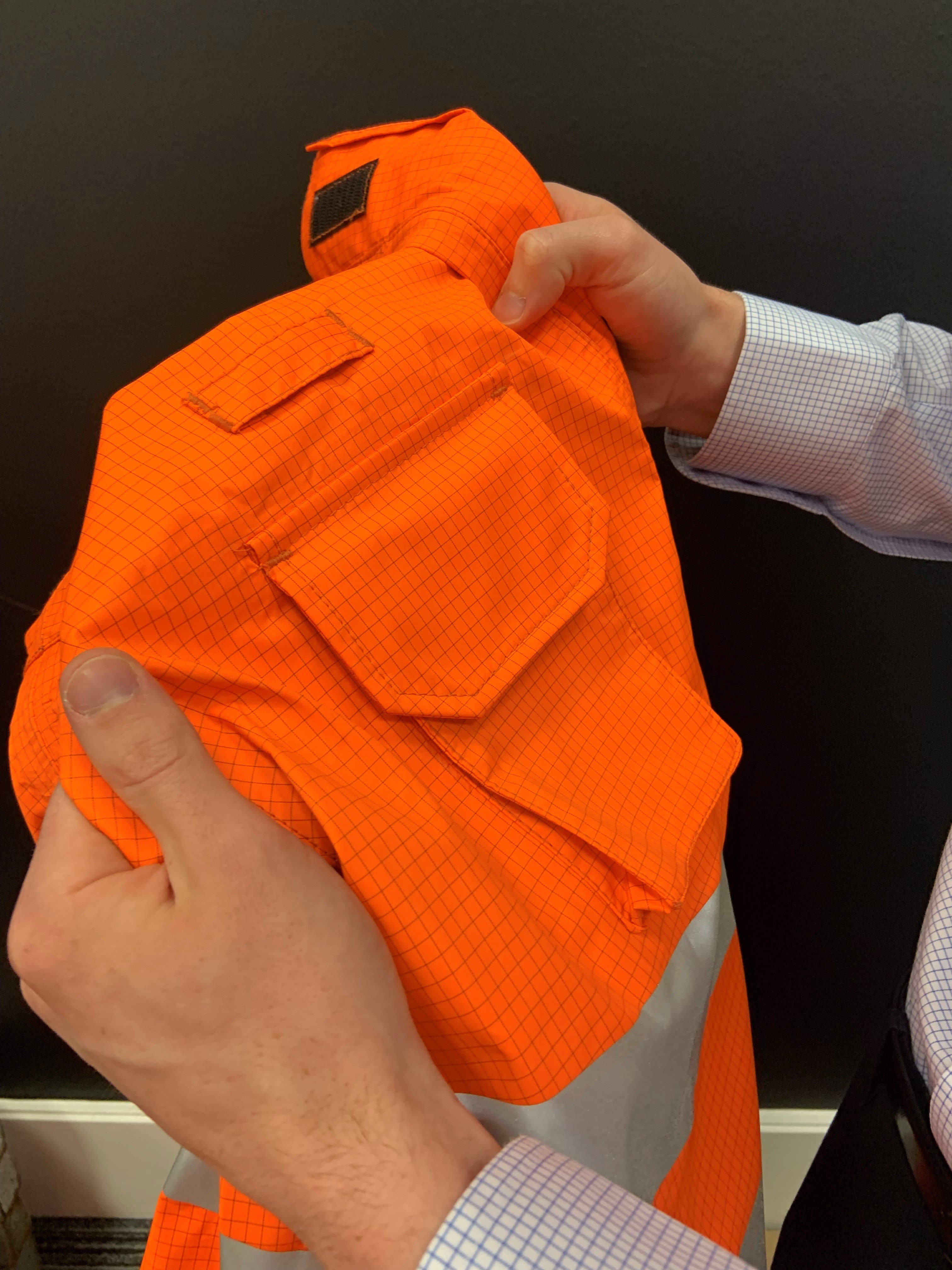Are you scouring the internet in search of which insulated tools you need to protect yourself when digging?
If so, we’re here to help.
In this article, we’ll talk about all the factors that will help you to narrow down the products and specifications that will dictate which shovel you need to safely and efficiently get the job done, arm you with the facts so you can ask the key questions of your suppliers, and the reviewed market prices you will be likely to spend.
And by the time you have read this, not only will you have a clear sense of budget, but you will finally be on the path of being more informed to choose your core range of risk-reducing tools. So let’s dive in…
What is an insulated tool?
It would be fair to first state what they are not. There’s a wrong perception that they can be used to keep your hands warm in the middle of winter like wearing insulated socks and clothes.
Insulated digging tools such as spades and shovels are designed to help reduce the risk of serious injury from electric shock should the user encounter concealed underground electric cables.
Electrical insulation is a material that prohibits an electrical charge or current to conduct or freely flow through. For example, the electricity or current from a pierced or damaged cable will want to flow through the tool and the worker to reach ground contact and should the tool provide the material to disrupt the contact between the tool and the user’s hands then it will break the flow of electric current.
Materials for good insulators are generally plastics, fibreglass, rubber, and polymers whereas most common digging tools such as spades and shovels are produced from metals that will conduct electricity.
Insulator materials are wrapped around all contact points of the tool, where your hand would come into contact during general use.
How are insulated tools tested?
All insulated digging tools have to conform to and meet the specification of BS8020:2011 Tools for Live Working access the BSI (British Standard Insulation) to know more.
Each tool should be individually tested following production and any tools with test failures are removed so that they pose no risk to users.
Various tests are applied to each finished tool which includes the following
- Hot and cold test
- Abrasive Cycle Wear test
- Insulation Bond test
- Hardness test
- Handle Torsion/Bend test
- Handle Pull Apart test
- Flammability test
- Dry electrical test
- Wet electrical test
- Handle Grip Adhesion test
- Durability of Marking test
Following completion of tests, each tool should have a unique reference number etched onto the head of the tool along with a Certificate of Conformity.
The certificate of conformity should carry the same unique reference number as etched on the tool which will provide full traceability.
All tools are tested individually to 10,000v and are guaranteed to 1,000v as indicated on the Certificate of Conformity and reference to “BS8020:2011 1,000v”, which should also be embedded into the tool which is most likely to be found on the insulated part.
What shovel and design do I need?
There are various designs of shovels on the market from many manufacturers and while not conclusive we have taken the four most popular designs which should provide you with an understanding of your requirements.
Firstly, you should know what to look for and you will want to ensure that the shovel or spade contains the following
Shaft:-
- This should contain a solid fibreglass core and a layer of insulating material
- The fibreglass core is very strong yet lightweight and an excellent insulator
- The insulating layer is normally orange in colour although this is not an industry-specific colour. The material or coating for the insulating layer is usually produced from tough polypropylene.
- The shaft should have a wear indicator built in so that when the orange protection has been worn or eroded the next layer will turn white. Replacement is suggested at this stage.
- The insulated tool should come with a built-in hand stop or collar to prevent the user’s hand from slipping down the shaft onto a steel surface.
Standard Shovel Types
- Insulated Trenching Shovel
- Can be known as a '2-way' in some trades.
- Used for digging and cleaning out narrow trenches for cable and pipe laying.
- Should have a large D-grip handle
- Welded bar treads for increased grip and comfort on the user’s feet
- Carries conformance to BS8020:2011
- Price: From £68 - £91
- Taper Mouth Shovel
- Preferred by some users as an alternative to the Square Mouth Shovel.
- Used for shovelling out, working with tarmac, concrete mixing, cement work, backfilling trenches and levelling out ballast.
- Tapered for easier use
- Should have a large D-grip handle
- Welded bar treads for increased grip and comfort on the user’s feet
- Carries conformance to BS8020:2011
- Price: From £68 - £91
- Square Mouth Shovel
- Used for shovelling out, working with tarmac, concrete mixing, cement work, and backfilling trenches.
- A heavier shovel than the taper mouth shovel
- Has more carrying capacity on the blade
- Provides good levelling out of ballast
- Should have a large D-grip handle
- Welded bar treads for increased grip and comfort on the user’s feet
- Carries conformance to BS8020:2011
- Price: From £68 - £91
- Cable laying Shovel
- Can be known as a “1-way” shovel in the telecommunications industry
- Used for cable and pipe laying.
- Has a slim tapered blade for digging narrow trenches.
- Should have a large D-grip handle
- Welded bar treads for increased grip and comfort on the user’s feet
- Carries conformance to BS8020:2011
- Price: From £68 - £91
Where can I get these?
There are many suppliers of insulated hand tools and while they may be readily available, we suggest purchasing from a supplier with professional knowledge and experience of operating within your industry.
Lion's range of insulated shovels is specifically geared towards the infrastructure sector along with contractors looking for a quality product delivered at the right price.
You may also be interested in
What is the difference between FR & ARC?
